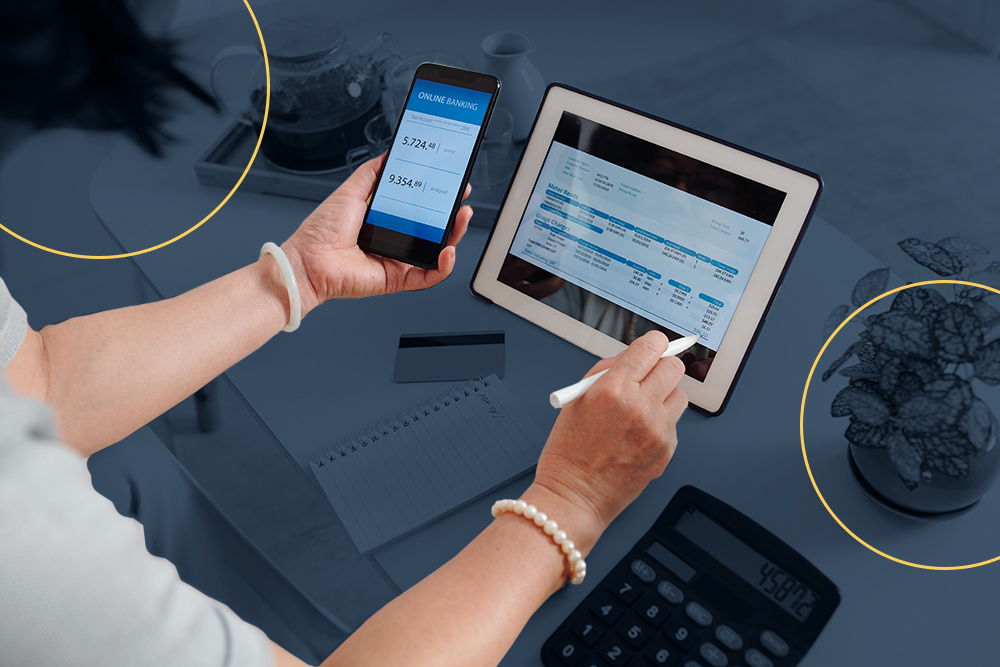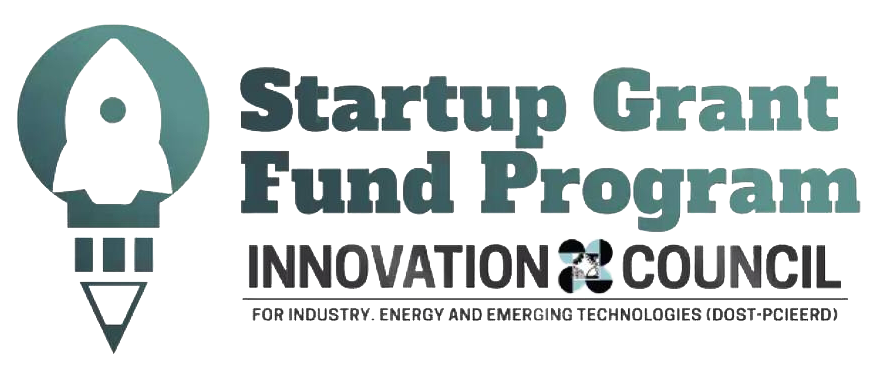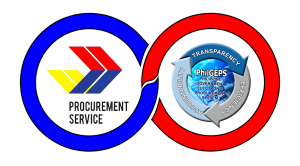
Terms of payment for procurement in B2B & B2C transactions are agreed upon conditions for how a buyer will pay a supplier or a seller for goods or services purchased by the buyer. These procurement payment terms are negotiated or agreed upon during the procurement process and are outlined in the transaction contract of the purchase order. Varying from business industries, purchase order, or agreement, payment terms can be diverse on how negotiations or conditions go from buyer to seller. Common payment terms include net 15, net 30, or net 60 which refers to the number of days you have to pay in full once the ordered items or services are dispatched. Other payment terms may involve, but are not limited upfront payment, installment, quantity discounts on bulk purchase or discounts on early payment. Getting to understand procurement payment terms is a leverage for your business and can keep your businesses’ cash flow positive and smooth, build strong supplier relationships, and can help you achieve your business goals. In this article, we will discuss the different types of terms of payment for procurement for your business and how it works in a B2B & B2C transaction.
Examples of Common Terms of Payment
- Net X: Days (Net 15, Net 30, Net 60, Net 90)
Also known as net terms, Next X (X stands for the number of days that a buyer has to pay an invoice from the supplier after the invoice date.) Depending on the negotiation or agreement between the buyer and supplier, the number of days after the invoice date can vary. An example would be Net 15 (15 days), Net 30 (30 days), Net 60 (60 days), Net 90 (90 days). The number of days you can pay after getting the invoice date can go beyond 90 days, but the commonly used net terms for procurement payment terms are typically around Net 15 to Net 90.
- Upfront Payment
Upfront payment is an agreement between a buyer and a supplier that indicates that the buyer should make a payment before a product, goods, or service is provided. For example, an office furniture company would require a buyer to pay upfront fees before starting production with the remainder to be paid upon the completion of the product.
- Down payment
While upfront payment may be quite similar to down payment, there are differences between the two payment terms. Upfront payment requires you to pay before goods or products are made. On the other hand, down payment is a partial payment made by the buyer to the supplier at the time of transaction with the remainder to be paid at a later date. Down payment is used to secure goods or products to provide financial security to the supplier in cases where the buyer may default on the remaining payment. For example, a buyer to get a new car may be required to pay 10-20% down payment at the time of the purchase with the remaining payment to be paid over a period of years.
- Installment Payment
Installment payment is terms of payment where the total amount of payment to the supplier or seller is divided into equal payments or installments, to be paid over a specific period of time. Installment payments are a way for buyers to pay for goods, products, or services over a longer period of time, rather than paying at full amount, making it cost effective for the buyer.
- Early Payment Discount
Early payment discount is a term of payment for procurement where the supplier offers a discount to the buyer for paying their invoice earlier than the due date. Early payment discounts are presented in percentage (5% off the agreed payment price). An early payment discount can vary per supplier or seller depending on their offer or agreed upon negotiation.
- Payment on Delivery
Payment on delivery or cash on delivery is a common payment method not only in a B2B transaction but also in the B2C or C2C market. As the term suggests, payment on delivery is where the buyer pays the supplier or seller upon receipt or delivery of the goods. The buyer will only make a payment upon receiving the goods and confirming that the goods are in good condition according to the agreed upon terms and conditions.
- Letter of Credit
A letter of credit (LOC) is a term of payment for procurement terms agreed upon between the buyer and the supplier that is used to provide a guarantee of payment from the buyer’s bank to a supplier. It is documented by the buyer’s bank that it promises to pay the supplier a certain amount of money, as long as the supplier meets certain conditions. In a procurement transaction, the buyer’s bank will provide an LOC to the supplier’s bank, indicating that the supplier will receive payment for the goods or services provided, when the supplier meets the LOC’s terms and conditions. The LOC commonly includes terms and conditions requirements such as delivery date, quantity and quality of goods or products, payment terms, and the amount of transaction.
Commonly Used Payment Methods for B2B & B2C Procurement in the Philippines
- Payment by Check / Direct Manual Bank Deposit
Payment by check or direct manual bank deposit is typically used by B2B procurement transactions in the Philippines. It is the most common method for large quantities or large amounts of payment since payment by check or direct deposit has larger payment amount limits compared to online payment or payment by e-wallet. Through manual bank deposit, you can transfer funds up to ₱2,000,000.00 which allows you to pay in large quantities in one payment.
- Payment by Online Fund Transfer
Payment by online fund transfer is a procurement payment method that involves the transfer of funds digitally from the buyer’s bank account to the supplier’s bank account. It is a convenient and efficient way of payment that doesn’t require the buyer to go to the physical bank and can be done in under 2 minutes. Unlike traditional bank transfer, payment by online fund transfer has amount limits which vary from bank to bank.
- Payment by E-Wallet
Payment by E-Wallet can be used as a procurement payment method where a buyer sends money through a digital wallet or a mobile wallet. An e-wallet is a digital wallet that can be used to store and manage payment information, such as credit or debit card numbers, bank account information, or digital currency. To make a payment by e-wallet, the buyer will typically need to have an account with an e-wallet provider and link their payment information to the app or wallet. They can then use the app or wallet to make payments to the supplier by indicating the payment amount and the supplier’s payment information, such as their account number and such.
Payment Limits of Each Payment Method
- GCash – up to ₱100,000.00
- Paymaya – up to ₱50,000.00
- RCBC Online Banking – up to ₱499,999.00
- Unibank Online Banking – up to ₱500,000.00
- BDO Online Banking – up to ₱10,000.00
- BPI Online Banking – up to ₱50,000.00
- Manual Bank Deposit – up to ₱2,000,000.00
- ShopeePay – up to ₱100,000.00
Why is it Important for a Client or a Buyer to Commit to Terms of Payment

Committing to terms of payment with a supplier does not only benefit your business from having a good reputation in the supplier industry, but it also helps your fellow business suppliers in keeping their business running. It is a win-win situation for both parties which accelerates the cash flow in business. Committing to payment terms ensures the financial stability of the supplier. Suppliers rely on a steady stream of income to maintain their business, pay their bills, and invest in new products and services. If a buyer does not commit to payment terms, suppliers may experience cash flow issues, which can lead to product quality issues or even bankruptcy.
Secondly, committing to payment terms is also essential for building a good business relationship between the buyer and the supplier. By consistently paying on time, the buyer shows that they value the supplier’s services and want to maintain a long-term business relationship. This can lead to several benefits for the buyer, such as better pricing, higher quality products, and priority service. Another thing to keep in mind is that committing to a long-term business relationship leads to better understanding of what products you need which helps you to communicate effectively with your supplier.
Why Understanding Terms of Payment for Procurement is Important for your Business
Understanding terms of payment for procurement can give the leverage you need for your business. It has a direct impact on your business financial health and performance and understanding terms of payment is one way to maximize your financial resources.
- Improved cash flow management
Knowing the payment terms allows the business to manage its cash flow effectively. The terms of payment outline when payment is due, and if a business can accurately predict when payment is coming, it can make better decisions about managing its finances.
- Maximized and enhanced budgeting
Understanding payment terms also enables businesses to budget effectively. For instance, if a business knows when payment is due, it can budget accordingly to ensure that it has enough funds to cover expenses until payment arrives.
- Risk management
Businesses can use payment terms to manage risk. For example, a business may choose to work with suppliers who offer shorter payment terms to reduce the risk of cash flow problems. Additionally, businesses can negotiate favorable payment terms to protect themselves from payment delays or other payment-related issues.
- Building supplier relationships
Payment terms also play a significant role in building relationships with suppliers. If a business consistently pays on time, it is more likely to establish strong relationships with its suppliers. In contrast, if a business continually delays payment, it may damage its relationships with suppliers, which can impact its ability to source goods and services in the future.
Shoppable Business can help your business to get into procurement terms, especially in B2B transactions. Shoppable Business is an eCommerce marketplace made to make procurement fast, convenient and easy so businesses can save more time and money rather than relying on traditional procurement methods, which takes a lot of time. Through Shoppable Business, you can rely that your business won’t miss out on procurement opportunities with thousands of vetted suppliers, enabling you to grow your business at a healthy pace.









